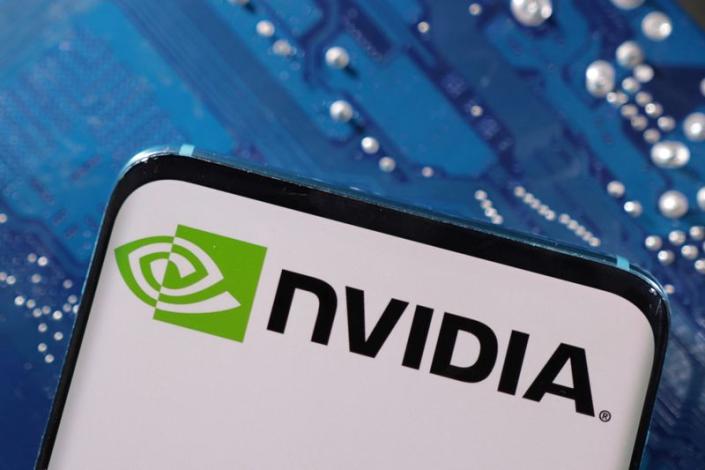<tbody id="8gsce"></tbody>

(Reuters) - Nvidia Corp, the world's leading designer of computer chips used in creating artificial intelligence, on Monday showed new research that explains how AI can be used to improve chip design.
The process of designing a chip involves deciding where to place tens of billions of tiny on-off switches called transistors on a piece of silicon to create working chips. The exact placement of those transistors has a big impact on the chip's cost, speed and power consumption.
Chip design engineers use complex design software from firms like Synopsys Inc and Cadence Design Systems Inc to help them optimize the placement of those transistors.
On Monday, Nvidia released a paper showing that it could use a combination of artificial intelligence techniques to find better ways to place big groups of transistors. The paper aimed to improve on a 2021 paper by Alphabet Inc's Google, whose findings later became the subject of controversy.
The Nvidia research took an existing effort developed by University of Texas researchers using what is called reinforcement learning and added a second layer of artificial intelligence on top of it to get even better results.
Nvidia chief scientist Bill Dally said the work is important because chip manufacturing improvements are slowing with per-transistor costs in new generations of chip manufacturing technology now higher than previous generations.
That goes against the famous prediction by Intel Corp co-founder Gordon Moore that chips would always get cheaper and faster.
"You're no longer actually getting an economy from that scaling," Dally said. "To continue to move forward and to deliver more value to customers, we can't get it from cheaper transistors. We have to get it by being more clever on the design."
(Reporting by Stephen Nellis in San Francisco; Editing by Sam Holmes)
<tbody id="8gsce"></tbody>